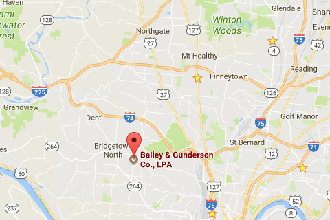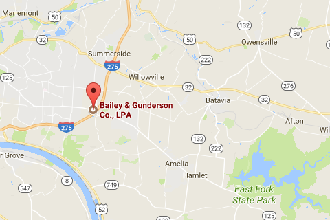Choosing whether to file a Chapter 7 or a Chapter 13 bankruptcy depends on many factors requiring the assistance of a qualified attorney. For example, an attorney can help you assess some of the following factors that must be considered when filing for bankruptcy:
a. Personal assets. A Chapter 7 bankruptcy involves the liquidation of assets although there are some exemptions available that will allow you to keep all (or most) of your assets. If there are assets that must be turned over to a bankruptcy trustee in a Chapter 7, a Chapter 13 bankruptcy will allow you to begin a repayment plan to retain those assets that otherwise would be lost in a Chapter 7 bankruptcy.
b. Nature of the debt. Credit card debt is typically dischargeable at the end of bankruptcy. A Chapter 7 bankruptcy may be desirable for people with mainly credit card debt while those with non-dischargeable debt, such as income taxes, may benefit from a Chapter 13 repayment plan.
c. Personal income level. Your income will determine whether you can file a Chapter 7 bankruptcy, or will have to pay some (or all) of your debt through a repayment plan in a Chapter 13 bankruptcy.
The attorneys at Bailey & Gunderson can help you assess which bankruptcy is the best choice for you and explain why.
This insight into the law is provided by Michael S. Bailey, Esq. of the law firm of Bailey & Gunderson Co., L.P.A., with offices in Norwood, Western Hills and Anderson Township. Phone: (513) 631-0022.




